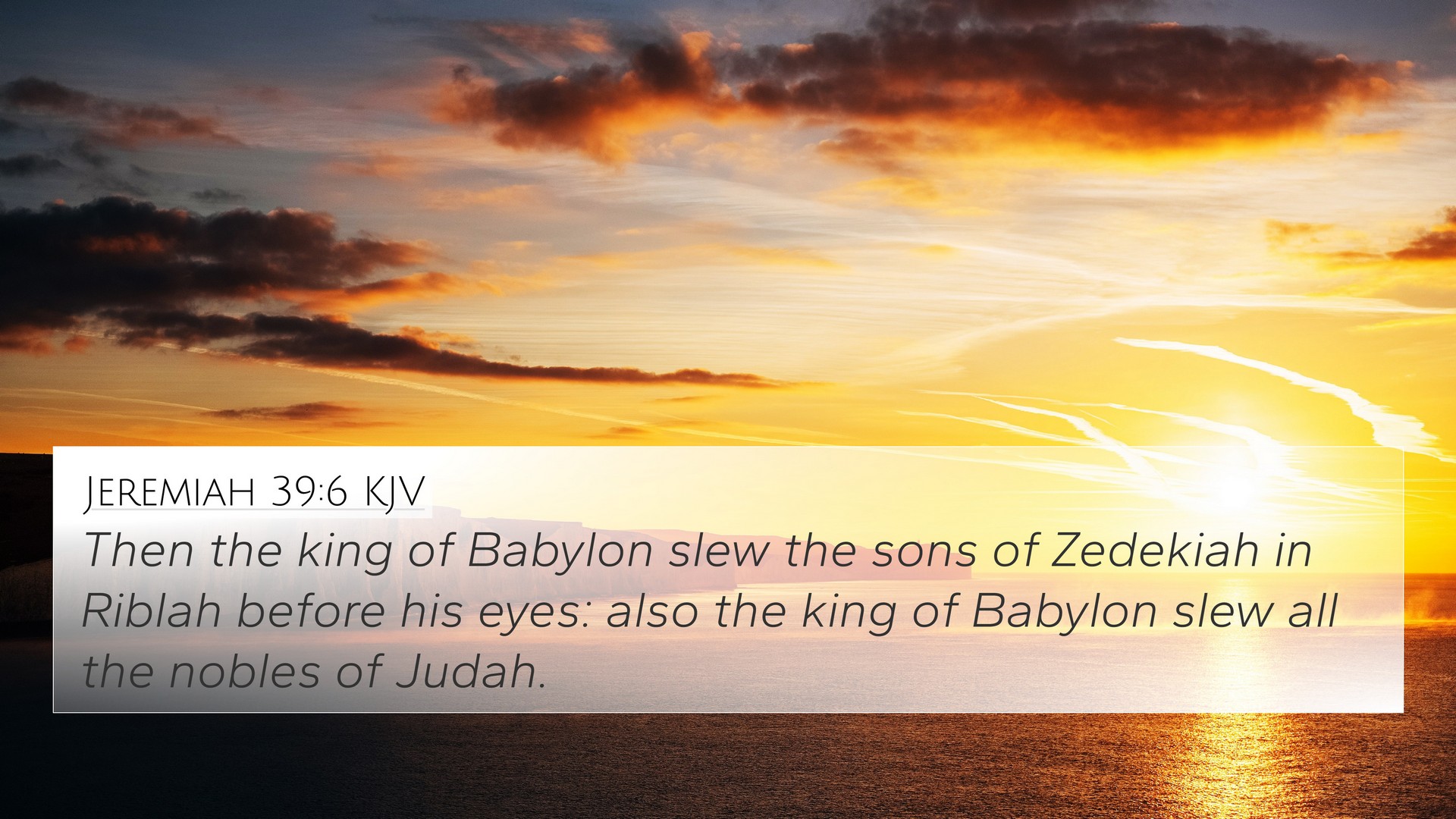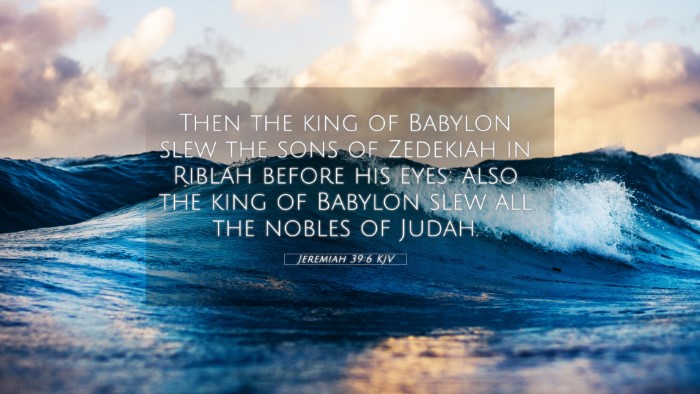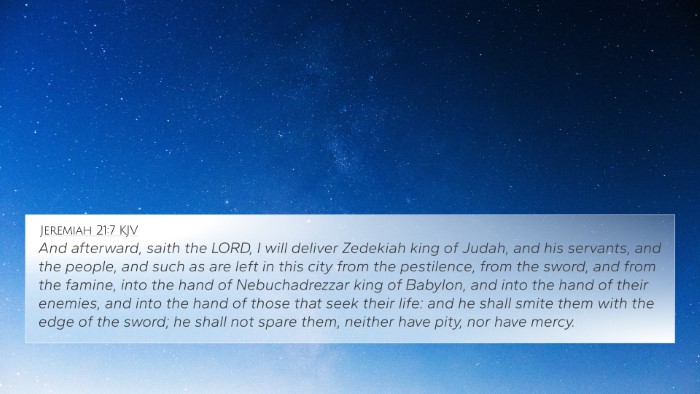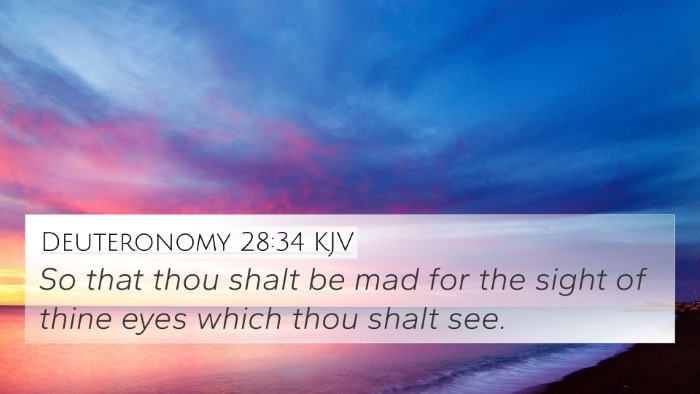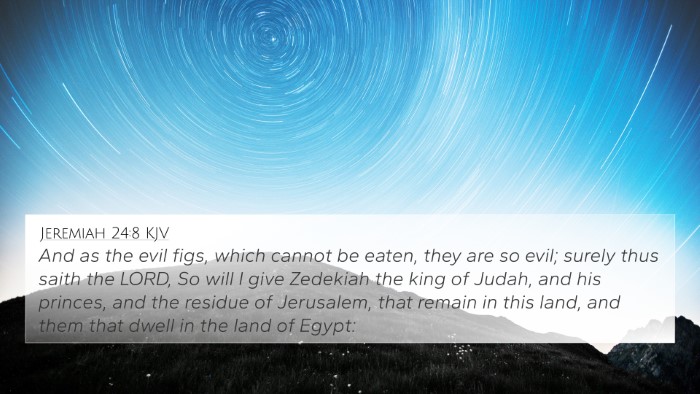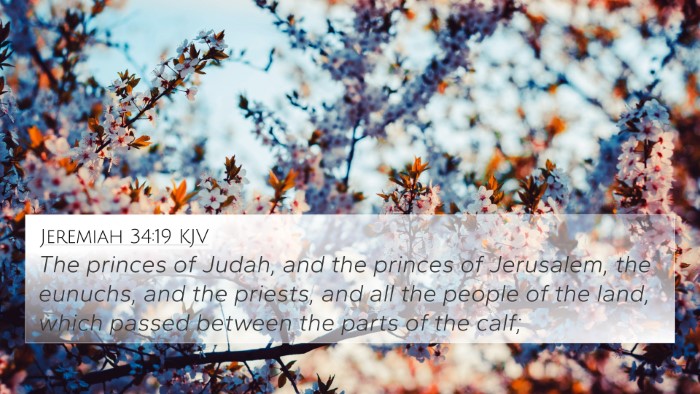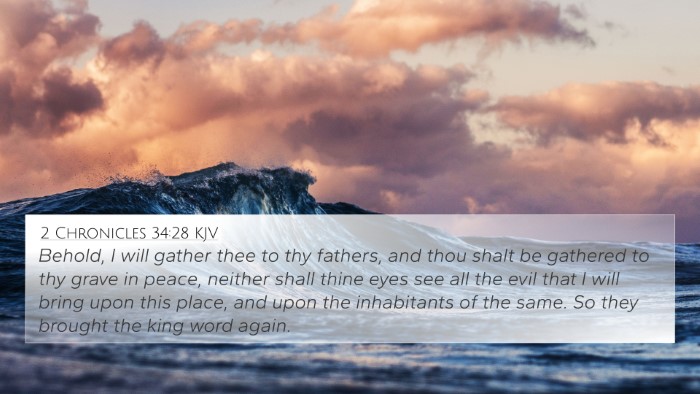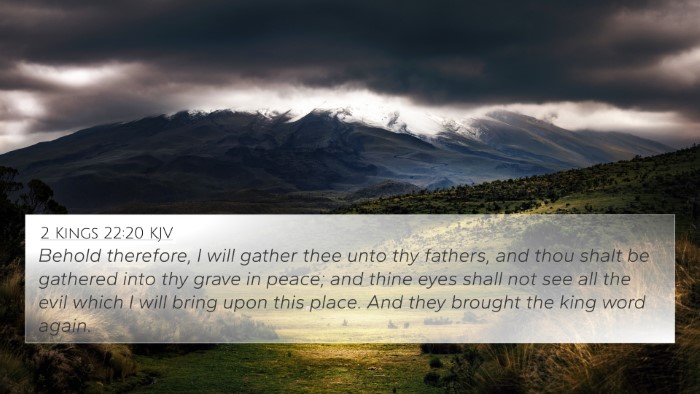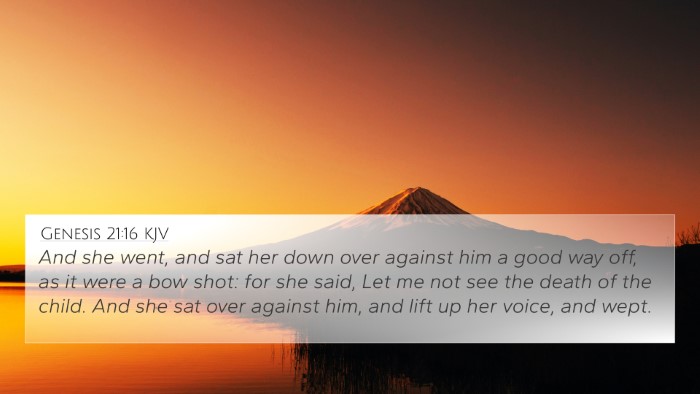Understanding Jeremiah 39:6
Verse Context: Jeremiah 39:6 states, "Then the king of Babylon slew the sons of Zedekiah in Riblah before his eyes: he slew also all the princes of Judah." This verse occurs at a critical juncture in the narrative of the fall of Jerusalem, providing a grim conclusion to the reign of Zedekiah, the last king of Judah.
Summary of Meanings
Jeremiah 39:6 encapsulates the tragic fate that befell Zedekiah and his family, marking a definitive moment in the history of Judah. The verse reflects themes of judgment, the consequences of rebellion against God, and the fulfillment of prophetic words given through Jeremiah. It provides deep insights into the sovereignty of God over nations and the fulfillment of His purposes even amidst overwhelming tragedy.
Commentary Insights
Matthew Henry's Commentary
Henry emphasizes the cruelty of Nebuchadnezzar's actions, illustrating the severity of divine judgment against Zedekiah's disobedience. He mentions that the slaying of Zedekiah's sons was both a punishment and a means to instill fear and ensure that no successors would rise to threaten Babylon's control.
Albert Barnes' Notes
Barnes highlights the significance of Riblah as the place where Zedekiah's downfall is cemented, explaining that the king’s eyes witnessed the execution of his sons, symbolizing the complete destruction of his lineage and a foreboding example to others who would oppose Babylon.
Adam Clarke's Commentary
Clarke offers insights into the psychological aspect of this verse, noting that for Zedekiah, watching his sons slain was a personal and devastating punishment that emphasized the finality of his defeat. He contrasts Zedekiah's hope for escape against the stark reality of his circumstances, demonstrating a tragic disconnect between expectation and reality.
Thematic Connections
This verse connects to several broader themes within the Bible:
- Judgment and Consequence: Reflects God’s judgment against sin (e.g., Jeremiah 25:9, Isaiah 14:22)
- Fate of Kings and Nations: The sovereignty of God over powerful nations (e.g., Daniel 2:21, Psalm 75:7)
- Destruction and Loss: The emotional weight of loss in the Biblical narrative (e.g., Psalm 137:1, Lamentations 5:1-2)
- Prophecies Fulfilled: The fulfillment of prophetic warnings (e.g., Jeremiah 21:7, Jeremiah 34:3)
- Human Suffering: The human condition and divine justice (e.g., 2 Kings 25:7, Ezekiel 12:13)
Bible Verse Cross-References
Here are some cross-references that relate thematically and contextually to Jeremiah 39:6:
- Jeremiah 34:3 - A prediction of Zedekiah's fate.
- 2 Kings 25:7 - The consequences faced by Zedekiah.
- Ezekiel 12:13 - Prophecy concerning the exile of Zedekiah.
- Isaiah 39:6 - God's message regarding the future of Judah.
- Daniel 2:21 - The sovereignty of God over kings.
- Psalm 74:9 - A lamentation over Israel's ruin.
- Lamentations 2:20 - A plea against suffering in Jerusalem.
Tools for Bible Cross-Referencing
For those seeking deeper understanding, the following tools can enhance the study of cross-references in the Bible:
- Bible Concordance: A comprehensive index that lists words and phrases found in Scripture.
- Cross-Reference Bible Study Guides: Resources designed to aid in locating related verses.
- Cross-Reference Systems: Systems within Bibles that connect verses thematically.
- Comprehensive Bible Reference Materials: Books and electronic tools that cover expansive cross-reference topics.
Finding Connections in Scripture
Understanding how Bible verses connect requires a systematic approach:
- Identify key themes and words within the verse.
- Use a Bible concordance or reference guide to locate similar verses.
- Engage with commentaries to gain insights into interpretations and applications.
- Make thematic connections to other relevant scripture passages for a holistic understanding.
Conclusion
Jeremiah 39:6 is a pivotal verse that reveals the severity of God’s judgment and serves as a powerful reminder of the consequences of turning away from divine commandments. Through cross-referencing with other scriptures, we can better appreciate the complexities of God's relationship with humanity and the unfolding of biblical prophecy.
